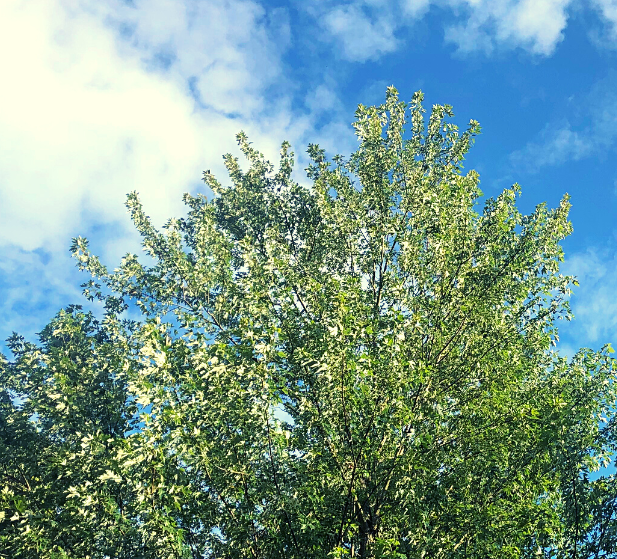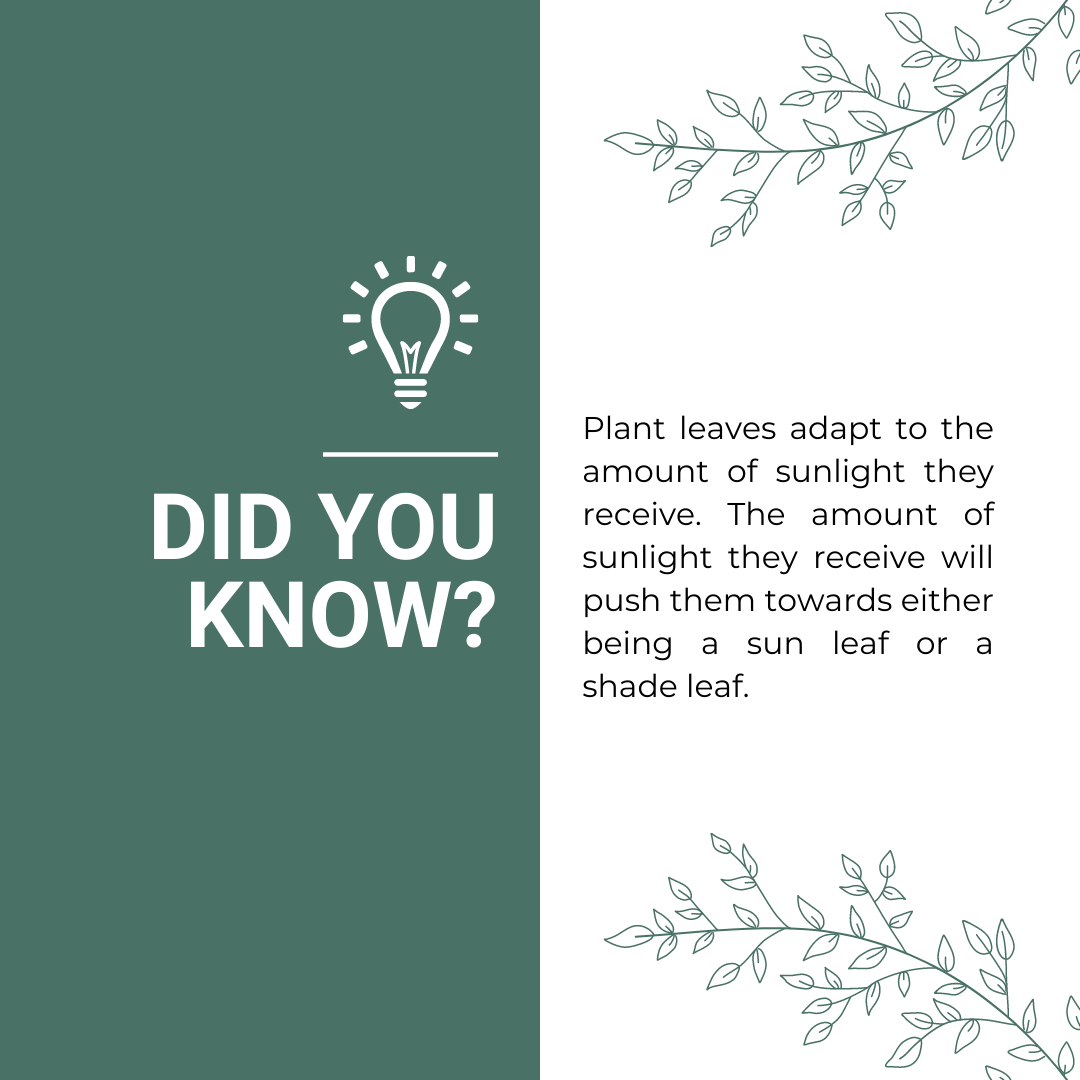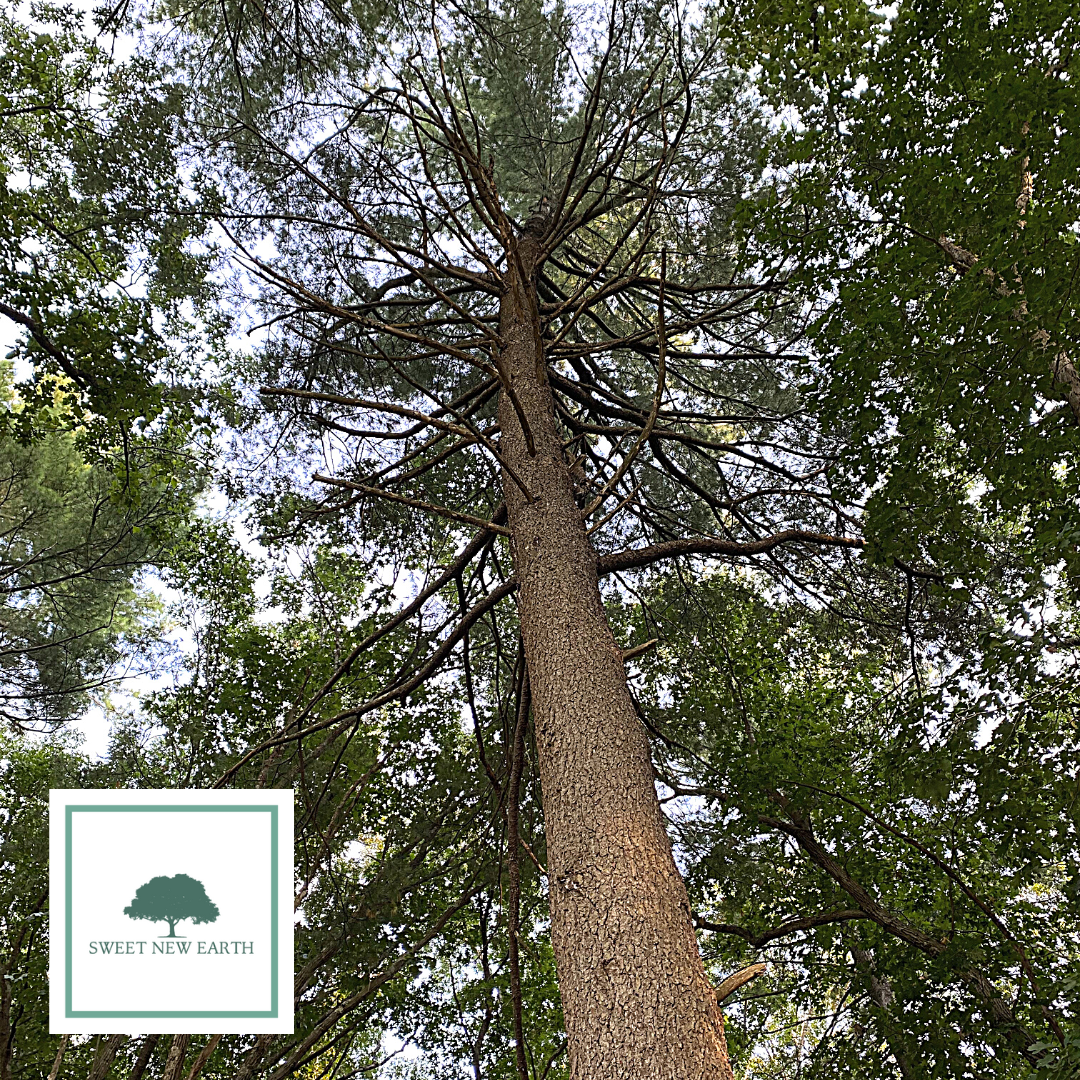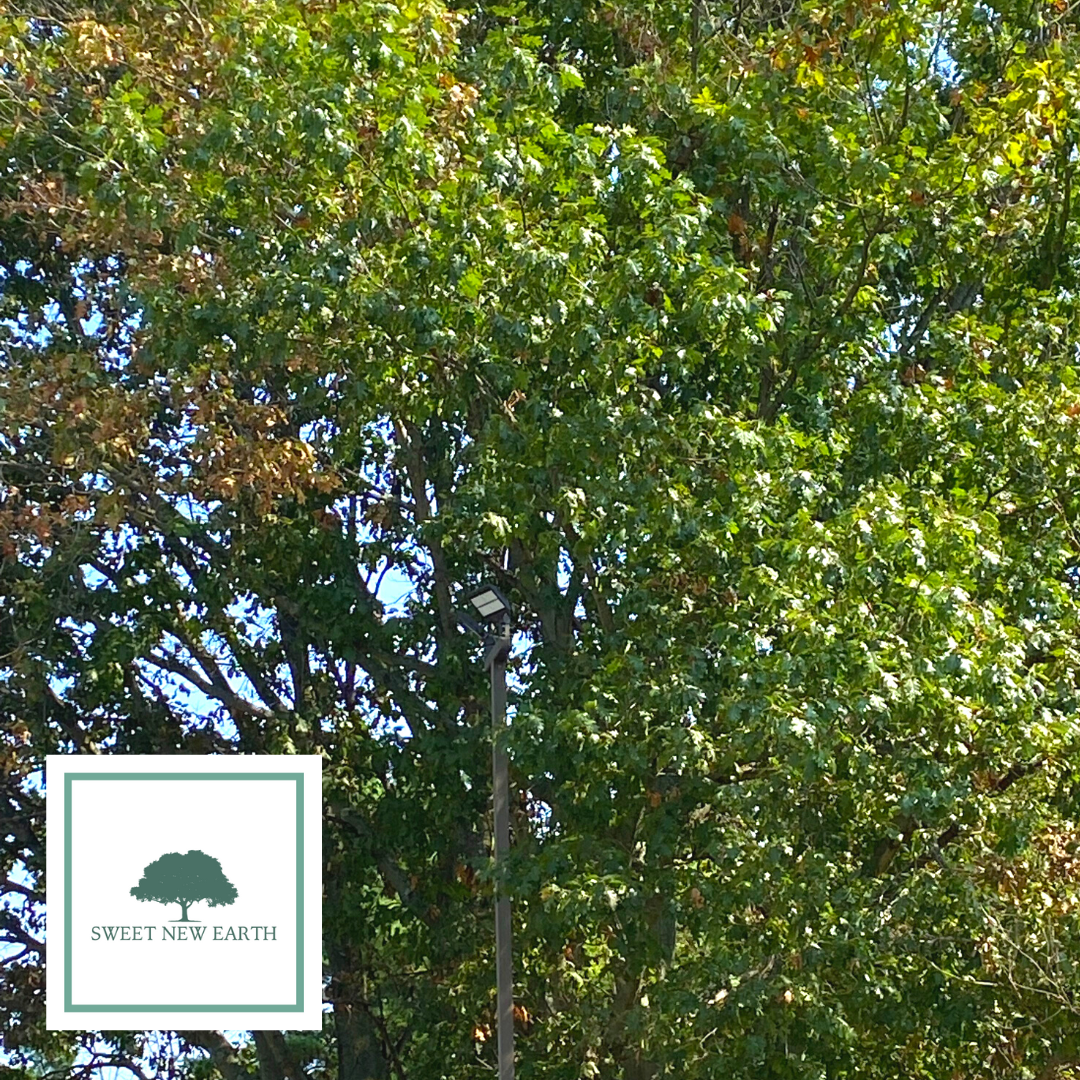Sun Leaves Vs. Shade Leaves

KEY TAKEAWAYS:
- When it comes to the sun, leaves exist in a spectrum - this spectrum is manifested as sun leaves and shade leaves.
- Sun leaves tend to have smaller surface area yet are denser leaves where as shade leaves have a larger surface area and are less dense.
- Sun leaves exist on the outer edges of the canopies of plants (where more sun is) and shade leaves tend to be on the inner canopy.
Looking up at a tree, you might've noticed that there are differences between some of the leaves. Some of the leaves on the outer canopy in direct sunlight may seem smaller whereas leaves on the inner canopy in the shade seem to be a bit bigger.
What you are noticing is a difference in adaptation of the leaves. You are noticing sun and shade leaves. Why does this happen? The answer is sunlight.
Plant leaves adapt to the amount of sunlight they receive. The amount of sunlight they receive will push them towards either being a sun leaf or a shade leaf. We give a list of differences below and then give answers to some common questions.

Sun Leaves vs. Shade Leaves: What are the differences?
Different light regimes equals different leaves. Check out this side by side comparison of sun leaves vs shade leaves.
| Sun Leaves | Shade Leaves |
|---|---|
| Higher levels of light | Lower levels of light |
| Higher energy | Lower energy |
| Less efficient with energy production | More efficient with energy production |
| Denser leaves | Less dense leaves |
| More photosynthetic material | Less photosynthetic material |
| More layers of palisade mesophyll cells | Less layers of palisade mesophyll cells |
| Smaller surface area | Larger surface area |
| More carotenoids | Less carotenoids |
| Outer edge of tree canopy | Inner edge of tree canopy |
| Lower levels of chrolophyll | Higher levels of chlorophyll |

FAQs

If you enjoyed this article...
Join our community!
Join to receive guides, insights, and the latest gardening deals!
